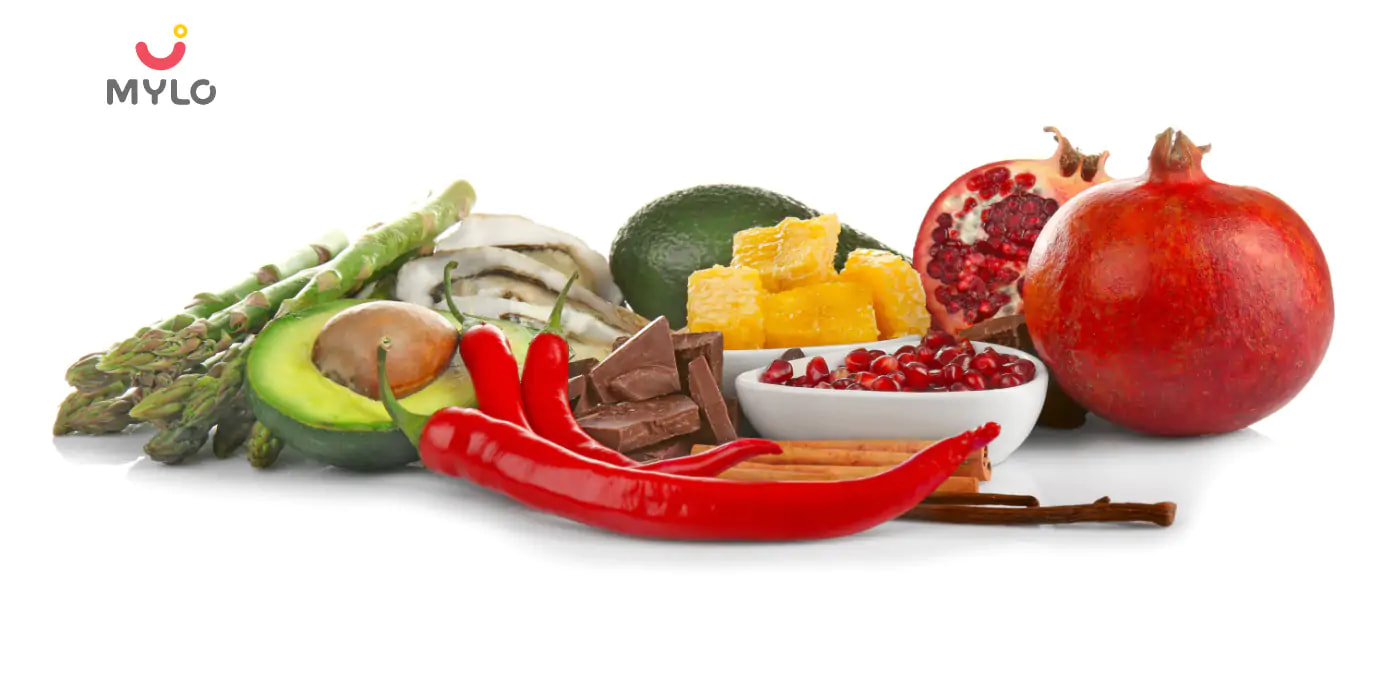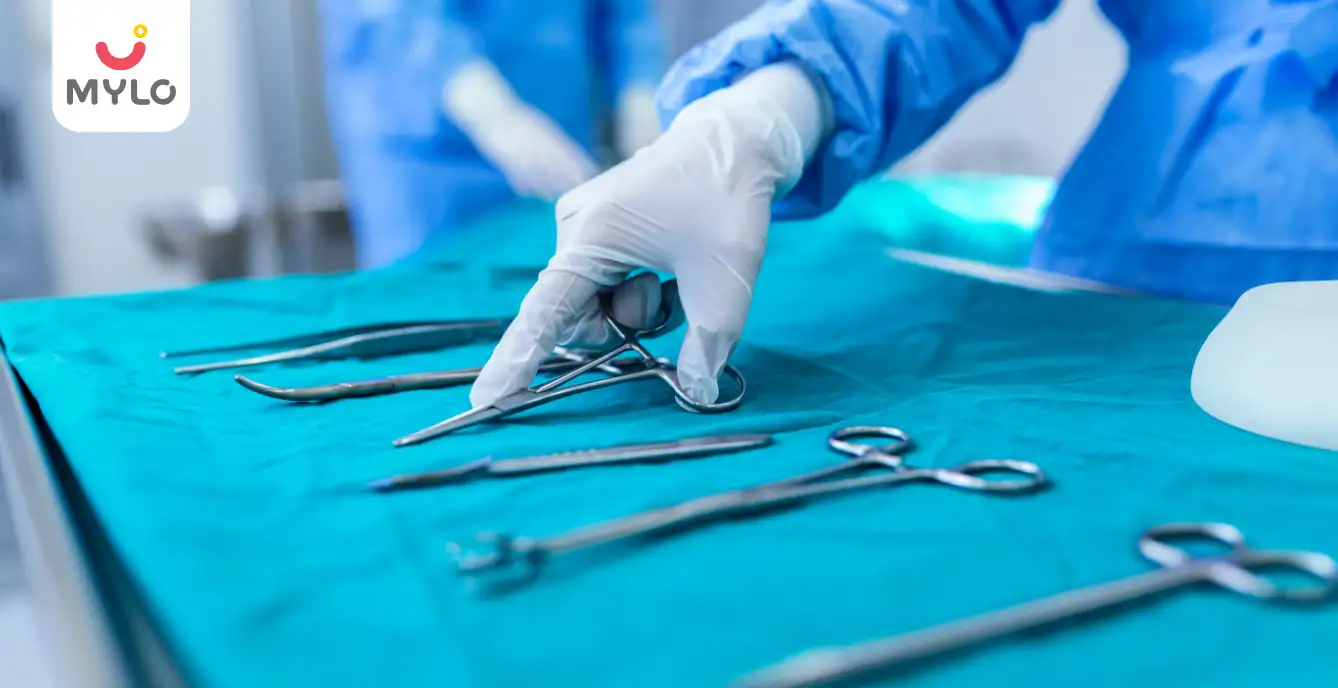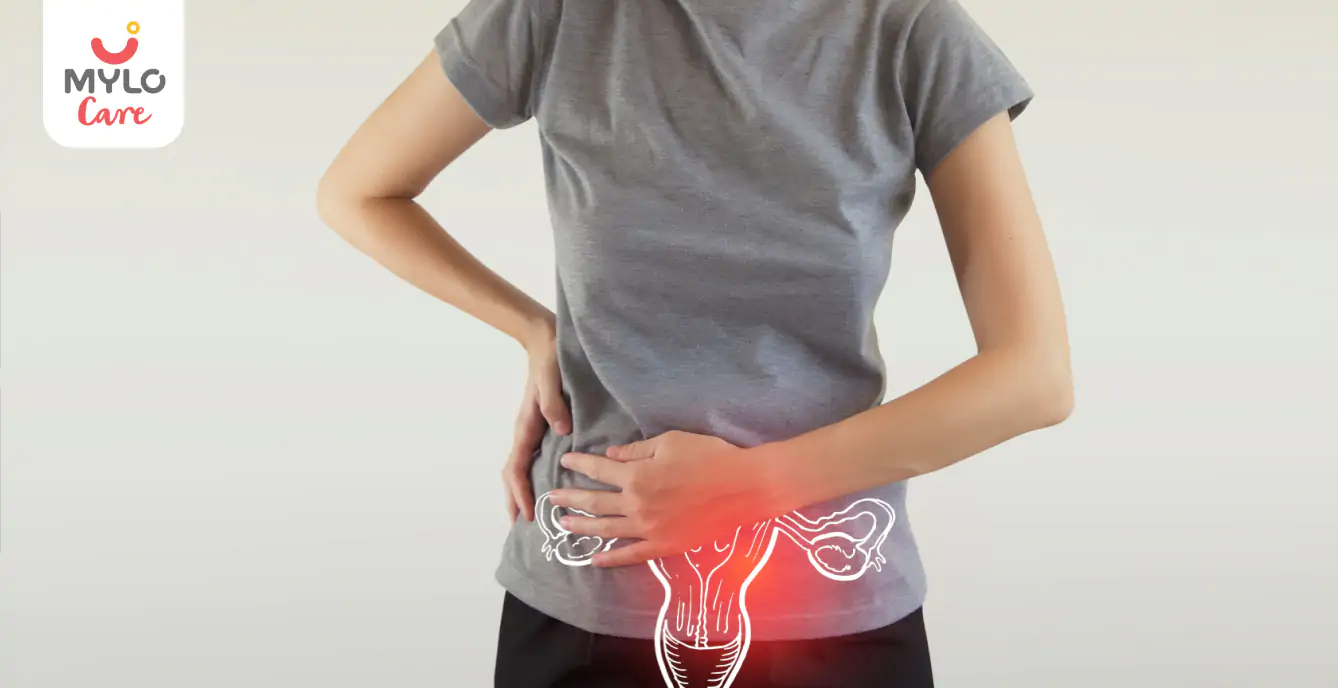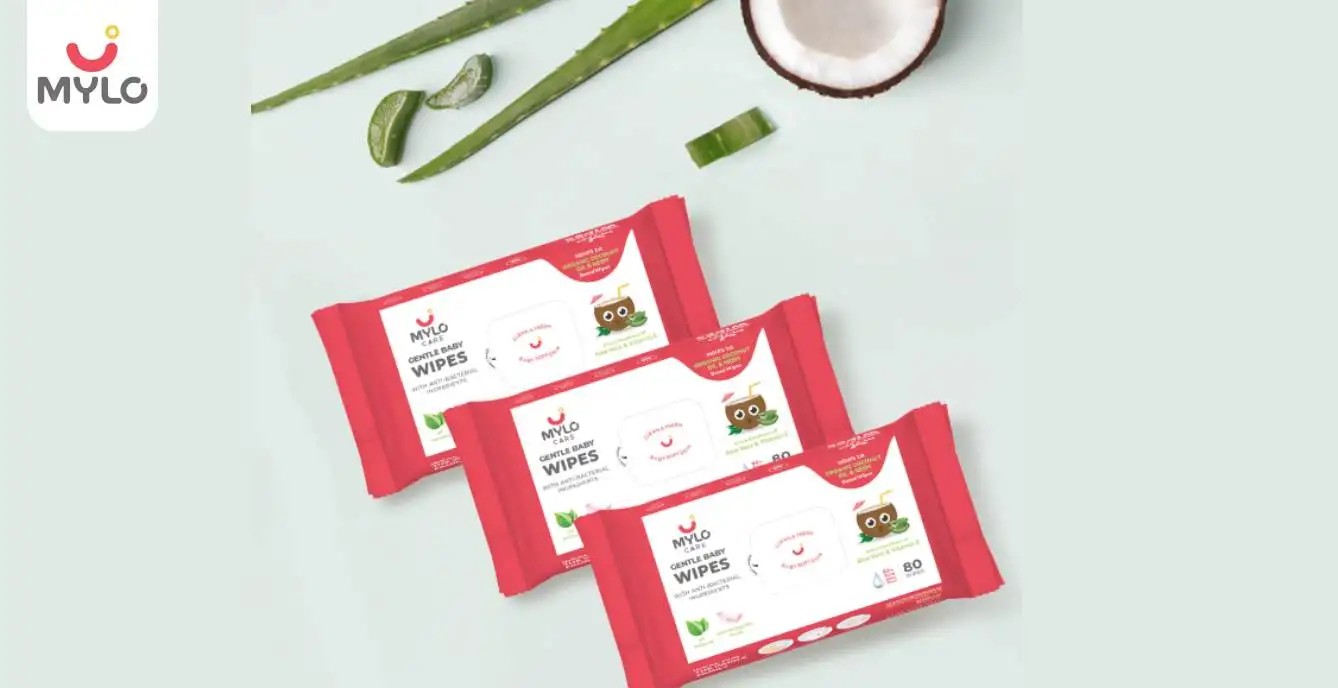Home

Health & Wellness

10 Foods That Increase Testosterone: The Ultimate Guide to Testosterone-Boosting Foods
In this Article

Health & Wellness
10 Foods That Increase Testosterone: The Ultimate Guide to Testosterone-Boosting Foods
Updated on 29 August 2023
Manav: Hey Akshit, how are you? I am really excited to tell you about an article I read the other day.
Akshit: I am good, thanks. Tell me more about it.
Manav: The article was about the foods that increase testosterone levels and has some really cool information about the topic like how to increase testosterone levels naturally.
Akshit: This seems quite interesting. Do share the article with me.
In men, testosterone is believed to play a vital role in regulating various aspects of health, including sex drive (libido), bone density, fat distribution, muscle mass, strength, as well as the production of red blood cells and sperm. It serves as a crucial hormone that influences several physiological processes in the male body. Read the article referred by Manav to know more about herbs that increase testosterone.
How Do Testosterone Levels Affect Male Fertility?
Testosterone levels play a crucial role in male fertility as they have a direct impact on the production and development of sperm. Testosterone is the primary male sex hormone, and it is produced in the testes. Here's how testosterone levels affect male fertility:
-
Sperm quality
-
Libido and sexual function
-
Reproductive system health
It's important to note that while testosterone is vital for male fertility, other factors can also influence reproductive health. These include lifestyle choices, genetics, overall health, and environmental factors.
What are the Factors Affecting Testosterone Levels?
Several factors can influence testosterone levels in men. Some of the critical factors affecting testosterone levels include:
1. Age
Testosterone levels naturally decline with age. In most men, testosterone production starts to decrease gradually after the age of 30.
2. Lifestyle and Diet
Unhealthy lifestyle choices, such as lack of exercise, excessive alcohol consumption, smoking, and a poor diet, can negatively impact testosterone levels.
3. Stress
Chronic stress can lead to elevated levels of cortisol, a stress hormone, which can interfere with testosterone production.
4. Sleep
Sufficient and good-quality sleep, including testosterone, is crucial for healthy hormone production.
5. Medical Conditions
Certain medical conditions can affect testosterone production. Conditions such as hypogonadism (a problem with the testes or pituitary gland that impairs hormone production), diabetes, obesity, and chronic illnesses can contribute to low testosterone levels.
6. Medications
Some medications, such as corticosteroids and opioids, can interfere with testosterone production and decrease levels.
You may also like: Do Antibiotics Affect Fertility: Debunking Common Myths and Misconceptions
7. Environmental Factors
Exposure to environmental pollutants and endocrine-disrupting chemicals can also affect hormone levels, including testosterone.
8. Testicular Injury or Disease
Injuries to the testicles or certain diseases that affect the testes can impact testosterone production and fertility.
9. Hormonal Imbalances
Imbalances in other hormones, such as thyroid hormones and estrogen, can influence testosterone levels.
You may also like: Disadvantages of Releasing Sperm Daily: Debunking Common Myths
How to Increase Testosterone Levels Naturally?
Increasing testosterone levels naturally can be achieved through various lifestyle changes and habits. Here are some strategies that may help boost testosterone levels:
1. Exercise Regularly
Aerobic activities (like running or swimming) and resistance training (like weightlifting) can stimulate testosterone production. Aim for a mix of cardio and strength training exercises several times weekly.
2. Maintain a Healthy Weight
Being overweight or obese can lead to lower testosterone levels. Maintaining a healthy weight through a balanced diet and exercise can support healthy testosterone production.
3. Consume a Balanced Diet
Ensure your diet includes a variety of nutrient-rich foods. Focus on whole grains, fruits, vegetables, lean proteins, and healthy fats. Adequate intake of zinc, vitamin D, and omega-3 fatty acids may be particularly beneficial for testosterone levels.
4. Get Enough Sleep
Prioritize sleeping 7-9 hours each night. Poor sleep can disrupt hormone production, including testosterone.
5. Manage Stress
Chronic stress can increase cortisol levels, which may suppress testosterone production.
6. Limit Alcohol Consumption
Excessive alcohol intake can lower testosterone levels. If you drink alcohol, do so in moderation.
7. Sunlight Exposure
Vitamin D, produced in the skin in response to sunlight, is linked to testosterone production. Spend some time outdoors to ensure adequate vitamin D levels.
8. Maintain Healthy Cholesterol Levels
Cholesterol is a precursor to testosterone production. Ensure a balanced diet and regular exercise to maintain healthy cholesterol levels.
9. Engage in Sexual Activity
Regular sexual activity can help maintain healthy testosterone levels.
You may also like: Foods to Increase Sperm Count: Unlocking the Secrets to Male Fertility Diet
Foods that Increase Testosterone
Incorporating certain Indian foods into your diet may help support healthy testosterone levels. Here are five Indian foods known for their potential to increase testosterone:
1. Fenugreek Seeds
Fenugreek seeds, commonly known as methi, are rich in compounds that may positively influence testosterone levels. They are often used in Indian cooking and can be consumed as a spice or soaked overnight and finished in the morning.
2. Garlic
Garlic has various health benefits, including potential effects on testosterone levels. Allicin, a compound found in garlic, may positively impact testosterone production.
3. Onion
Onions are a common ingredient in Indian cuisine and contain flavonoids that could help boost testosterone levels. Red onions, in particular, have been linked to potential testosterone-boosting effects.
4. Cruciferous Vegetables
Vegetables like broccoli, cauliflower, and cabbage contain indole-3-carbinol, which may help reduce estrogen levels and indirectly support testosterone.
5. Pomegranates
Pomegranates are rich in antioxidants, which can protect testosterone molecules from oxidative damage.
While these are foods to increase testosterone levels, it's important to remember that a balanced and varied diet and a healthy lifestyle are essential to overall well-being.
You may also like: 8 Natural Herbs to Boost Fertility: Your Guide to Ayurveda's Best Kept Secrets
Herbs in Ayurveda to Increase Testosterone
Ayurveda, the traditional system of medicine in India, offers various herbs believed to support healthy testosterone levels. These are the herbs that increase testosterone and have been traditionally used for their potential hormonal balancing properties. Learn more about natural ways to increase testosterone:
6. Ashwagandha (Withania somnifera)
Ashwagandha is a well-known adaptogenic herb considered a rejuvenating tonic in Ayurveda. It is believed to help balance hormones, reduce stress, and enhance vitality. Some studies suggest that ashwagandha supplementation may increase testosterone levels and improve men's reproductive health.
7. Shilajit (Asphaltum)
Shilajit is a mineral-rich substance commonly used in Ayurvedic medicine. It is believed to improve overall energy and strength. While research on its direct impact on testosterone is limited, it is thought to support male reproductive health and vitality.
8. Safed Musli (Chlorophytum borivilianum)
Safed Musli is a herb used in Ayurveda for its aphrodisiac properties. It is believed to enhance male fertility and libido, possibly related to its potential influence on testosterone levels.
9. Gokshura (Tribulus Terrestris)
Gokshura, also known as puncture vine, is traditionally used in Ayurveda to support male reproductive health. It is believed to help improve testosterone levels and sperm production.
10. Shatavari
Shatavari is an adaptogenic herb which helps the body adapt to stress and restore balance. It is believed to have rejuvenating properties and is often used to enhance vitality and overall well-being in both men and women. For male health, Shatavari is believed to support the reproductive system, boost fertility, and improve sperm quality.
Men looking to boost their testosterone levels can also try Mylo's Potenmax Testosterone Booster Capsules that are an effective blend of Omega-3 fatty acids, safed musli, ashwagandha, fenugreek and kaunch beej, among others. These ingredients can help improve sperm motility and quality, increase testosterone levels, enhance physical performance and boost energy and stamina.
FAQs
1. How can I increase my testosterone naturally?
To naturally increase testosterone, exercise regularly, maintain a healthy diet, and ensure adequate sleep and stress management.
2. Does sleeping naked increase testosterone?
While some evidence suggests that sleeping naked can lead to improved sleep quality, there is no direct scientific evidence to support the claim that sleeping naked explicitly increases testosterone levels.
3. Does smoking increase testosterone?
No, smoking is known to decrease testosterone levels in men.
Final Thoughts
In conclusion, testosterone is critical to male health, impacting fertility, libido, and overall well-being. While various lifestyle factors, such as exercise and diet, can influence testosterone levels positively, smoking and unhealthy habits can have adverse effects. It's essential to prioritize a healthy lifestyle to support optimal testosterone levels and overall male health. You can include foods that increase testosterone to maintain overall health and fitness.
References
1. Hu, T.-Y., Chen, Y. C., Lin, P., Shih, C.-K., Bai, C.-H., Yuan, K.-C., Lee, S.-Y., & Chang, J.-S. (2018). Testosterone-Associated Dietary Pattern Predicts Low Testosterone Levels and Hypogonadism. Nutrients
2. Zamir, A., Ben-Zeev, T., & Hoffman, J. R. (2021). Manipulation of Dietary Intake on Changes in Circulating Testosterone Concentrations.



Written by
Madhavi Gupta
Dr. Madhavi Gupta is an accomplished Ayurvedic doctor specializing in Medical content writing with an experience of over 10 years.
Read MoreGet baby's diet chart, and growth tips

Related Articles
Related Questions
Hello frnds..still no pain...doctor said head fix nhi hua hai..bt vagina me pain hai aur back pain bhi... anyone having same issues??

Kon kon c chije aisi hai jo pregnancy mei gas acidity jalan karti hain... Koi btayega plz bcz mujhe aksar khane ke baad hi samagh aata hai ki is chij se gas acidity jalan ho gyi hai. Please share your knowledge

I am 13 week pregnancy. Anyone having Storione-xt tablet. It better to have morning or night ???

Hlo to be moms....i hv a query...in my 9.5 wk i feel body joint pain like in ankle, knee, wrist, shoulder, toes....pain intensity is high...i cnt sleep....what should i do pls help....cn i cosult my doc.

Influenza and boostrix injection kisiko laga hai kya 8 month pregnancy me and q lagta hai ye plz reply me

Related Topics
RECENTLY PUBLISHED ARTICLES
our most recent articles

Medical Procedures
Varicocele Surgery Cost: What You Need to Know Before You Go Under the Knife

Male Infertility
Testicular Pain: Don't Ignore, Know When to Seek Medical Attention

PCOS & PCOD
PCOS with Regular Periods: Understanding the Symptoms and Implications

Women Specific Issues
Bulky Uterus: What You Need to Know About this Common Gynecological Issue

babyproducts
Mylo Baby Wipes Review

PCOS & PCOD
PCOS Treatment in Ayurveda: The Ultimate Guide to Natural Treatment Options
- PCOS Acne: The Ultimate Guide to Causes, Treatment and Management
- Maggi in Pregnancy: Is It Safe to Enjoy Your Favorite Instant Noodles?
- Oats During Pregnancy: A Winning Combination for Both Mom and Baby
- Types of IVF, Their Benefits and Side Effects Everything You Need to Know..
- How to Sterilize Baby Bottles: The Ultimate Step-by-Step Tutorial
- What to eat when trying to conceive
- White Discharge After IUI: Is It Normal & When to See a Doctor
- Diet & Exercises Your Wife Can Follow During Pregnancy
- Can a diet plan help deal with infertility in women and boost the chances of conception?
- How to Sterilize Breast Pump: A Comprehensive Guide for New Moms
- Bronchiectasis Meaning in Hindi | ब्रोन्किइक्टेसिस क्या होता है?
- The Ultimate Guide to Teej 2023: Celebrations, Traditions, and Dates
- Should I Pee After Sex if Trying to Get Pregnant? And 5 Other FAQs
- Menorrhagia: A Guide to Understanding Heavy Period Bleeding (Part 1)


AWARDS AND RECOGNITION

Mylo wins Forbes D2C Disruptor award

Mylo wins The Economic Times Promising Brands 2022
AS SEEN IN

- Mylo Care: Effective and science-backed personal care and wellness solutions for a joyful you.
- Mylo Baby: Science-backed, gentle and effective personal care & hygiene range for your little one.
- Mylo Community: Trusted and empathetic community of 10mn+ parents and experts.
Product Categories
baby carrier | baby soap | baby wipes | stretch marks cream | baby cream | baby shampoo | baby massage oil | baby hair oil | stretch marks oil | baby body wash | baby powder | baby lotion | diaper rash cream | newborn diapers | teether | baby kajal | baby diapers | cloth diapers |




